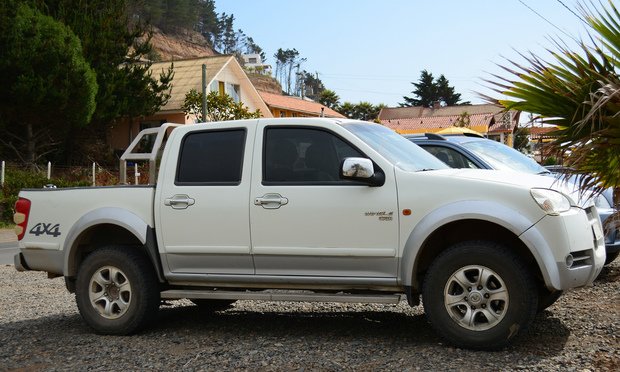Russia to raise import duties for carmakers
The country will no longer provide preferential customs duties for producers assembling cars in Russia
Import duties on automotive components in Russia will soon rise significantly due to the country's obligations as a member of the World Trade Organization (WTO). Even those foreign carmakers who assemble vehicles in Russia and meet certain localisation requirements will no longer enjoy lower duty rates.
Russia is scrapping an agreement that allows foreign carmakers building cars in the country to import parts at preferential rates of customs duty, reports Automotive Logistics. It is necessary to raise import duties from current 0-5% to 20-25% to bring the country into line with its obligations as a member of the WTO, the country's Ministry of Economic Development said in a statement.
The existing industrial assembly regulation intended to attract foreign investments into the domestic automotive industry has been working since 2005. Under the regulation, carmakers who run assembly plants in Russia enjoyed substantial breaks on duties on imported automotive components in exchange for meeting certain localisation requirements. Currently, most Russian assembly plants use 60-70% of domestically produced parts. When the agreement regime ends on 1 July 2018, they won't be obliged to continue.
The country's industrial assembly contracts can be replaced by so-called special investment contracts (SPICs) designed to encourage localised components production. Nonetheless, such SPICs don't imply any substantial tax breaks on imported parts, so the changes can entail the closure of some of the country's assembly plants, conceded Russia's Minister of Industry and Trade Denis Manturov.

The press office of the Russian Ministry of Economic Development stated that no fresh industrial agreements would be signed. The ministry had been considering an agreement with Chinese Great Wall over a project to build a $380 million vehicle plant with an annual capacity of 50,000 units in Tatarstan. The Chinese carmaker's appeal over the matter was rejected by the Russian government in April, so the project is currently in question.
So far, none of the foreign producers has commented the removal of the regulation and how it could affect their activity or the wider automotive market. However, according to several Russian news outlets, the market will soon see an increase in domestic vehicle prices, as producers will try to make up for the increased costs of imported parts due to the new level of duty. The price hike could have an adverse impact on new vehicle sales in Russia and impede the market's recent recovery. Last month, new vehicles sales in Russia added almost 18%.